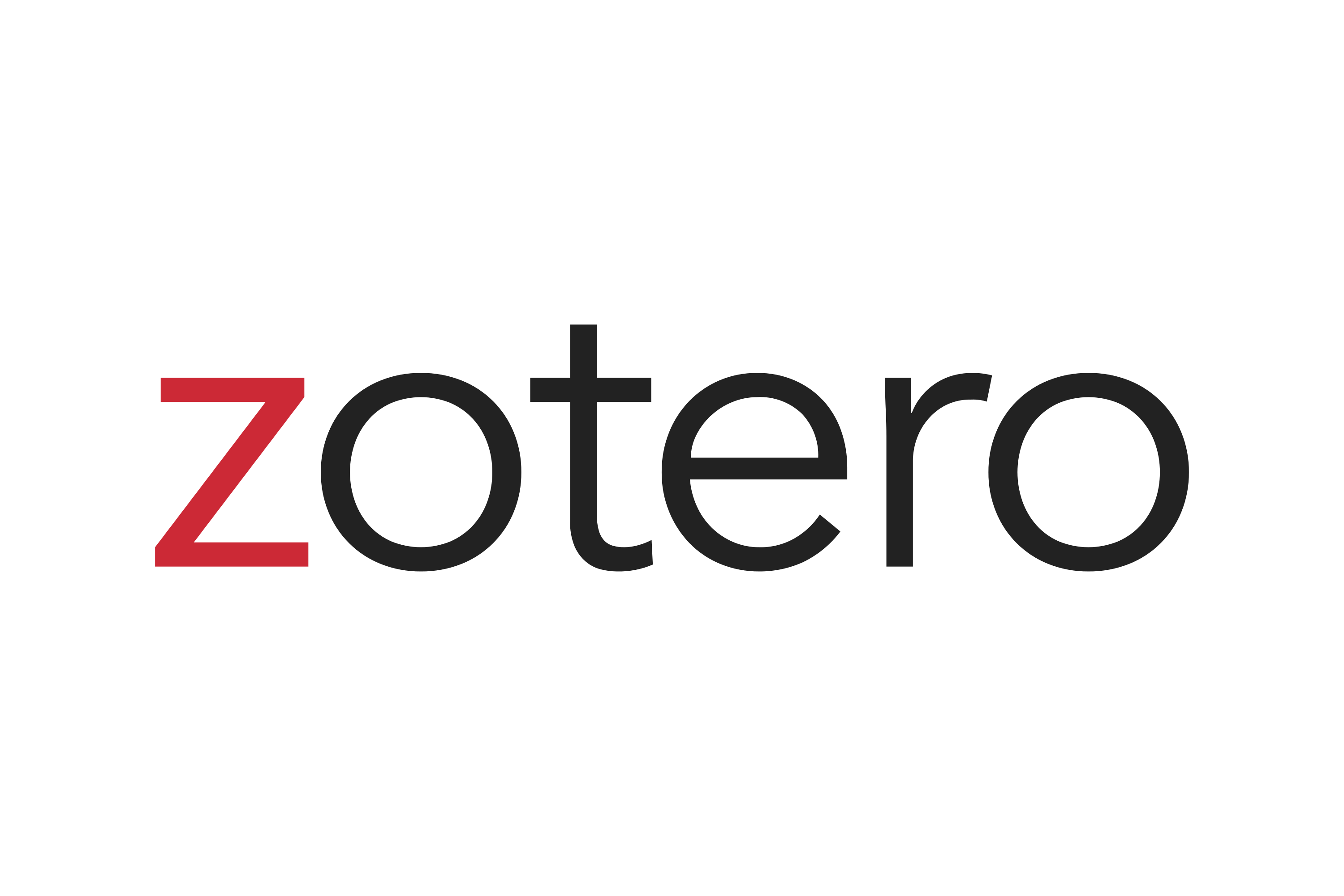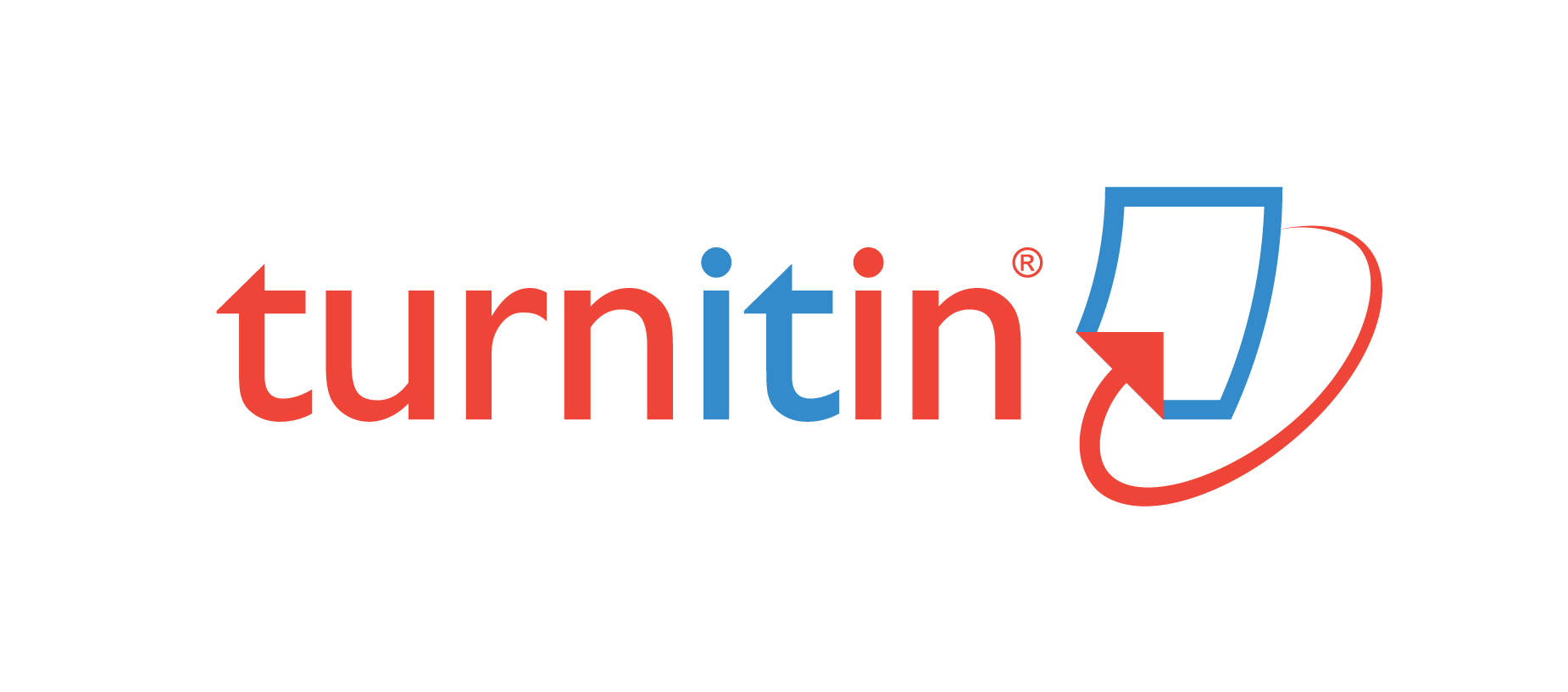Hadis Syafa’at ; Rasulallah SAW
(Kajian Kritis atas Sanad dan Matan Hadits)
DOI:
https://doi.org/10.32678/alfath.v4i1.3355Keywords:
HaditsAbstract
Semua sepakat bahwa syafa'at itu ada, syafa'at Allah SWT. Permasalahannya sekarang adalah selain dari Allah SWT, termasuk di dalamnya syafa'at Nabi Muhammad SAW, apakah Nabi Muhammad SW bisa memberi syafa'at kepada umatnya nanti di hari kiamat? menurut golongan Ahl al-Sunnah bisa berdasar Al-Qur'an dan Hadits riwayat Imam Bukhari dan Imam Ahmad, Nabi Muhammad SAW bisa memberi syafa'at kepada umatnya dengan seizin dari Allah berdasarkan firman Allah: "man dzal Ladzi Yashfa'u 'indah Illa bi Idznih." sedang menurut golongan Mu'tazilah dan Khawarij, pada masa lalu, atau Musthafa Mahmud, pada masa sekarang, berpendapat bahwa hanya Allahlah yang berhak memberi syafa'at, sedang selain-Nya termasuk Nabi Muhammad SAW, tidak bisa, berdasar firman Allah "qul lillah al-Syafa'ah Jami'an"
Downloads
Downloads
Published
How to Cite
Issue
Section
License
Copyright Notice

Al-Fath: http://jurnal.uinbanten.ac.id/ is licensed under a Creative Commons Attribution-ShareAlike 4.0 International License
An author who publishes in Al-Fath agrees to the following terms:
- Author retains the copyright and grants the journal the right of first publication of the work simultaneously licensed under the Creative Commons Attribution-ShareAlike 4.0 License that allows others to share the work with an acknowledgment of the work's authorship and initial publication in this journal
- Author is able to enter into separate, additional contractual arrangements for the non-exclusive distribution of the journal's published version of the work (e.g., post it to an institutional repository or publish it in a book) with the acknowledgment of its initial publication in this journal.
- Author is permitted and encouraged to post his/her work online (e.g., in institutional repositories or on their website) prior to and during the submission process, as it can lead to productive exchanges, as well as earlier and greater citation of the published work (See The Effect of Open Access).
Privacy Statement
The names and email addresses entered in this journal site will be used exclusively for the stated purposes of this journal and will not be made available for any other purpose or to any other party.










